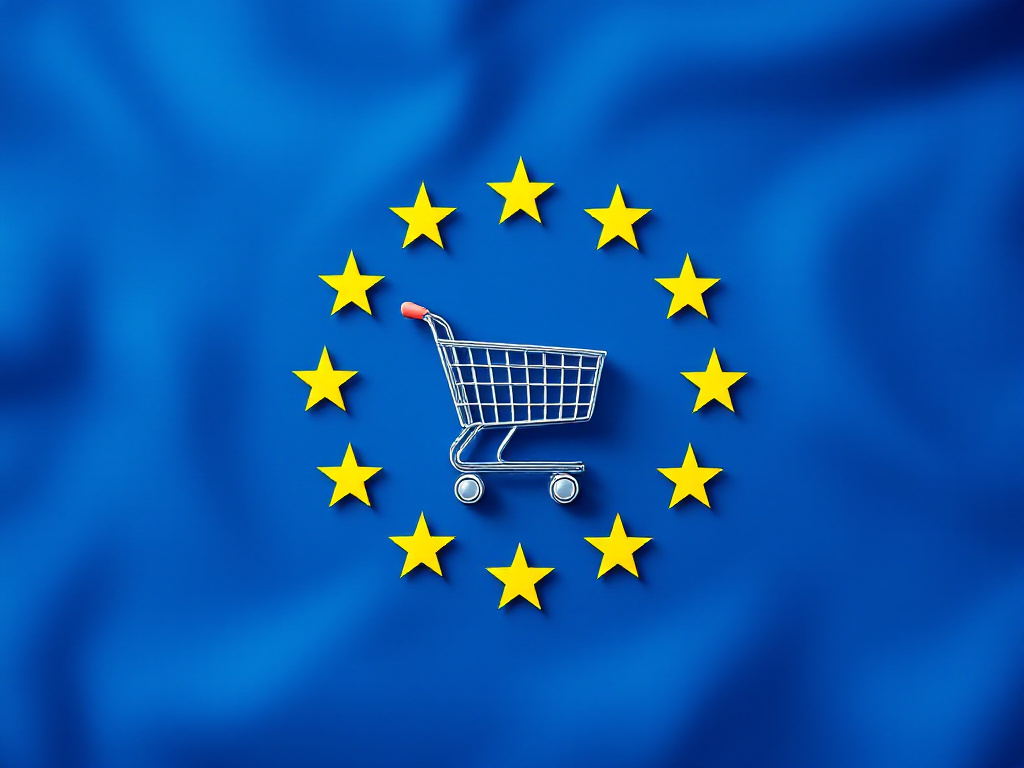

This one is a mixed bag. KYC regulations are very useful in detecting and prosecuting money laundering and crimes like human trafficking. But ya, if this data needs to be kept, the regulations around secure storage need to be just as tight. This sort of thing should be required to be kept to cybersecurity standards like CMMC Level 3, audited by outside auditors and violations treated as company and executive disqualifying events (you ran a company so poorly you failed to secure data, you’re not allowed to run such a company for the next 10 years). The sort of negligence of leaving a database exposed to the web should already result in business crippling fines (think GDPR style fines listed in percentages of global annual revenue). A database which is exposed to the web and has default credentials or no access control at all should result in c-level exec seeing the inside of a jail cell. There is zero excuse for that happening in a company tasked with protecting data. And I refuse to believe it’s the result of whatever scape-goat techs they try to pin this on. This sort of failure always comes from the top. It’s caused by executives who want everything done fast and cheap and don’t care about it being done right.










Given the roughly similarly sized drop in Win11 users. I chose to believe that the Win10 jump is from people nopeing out of the Win11 slop.